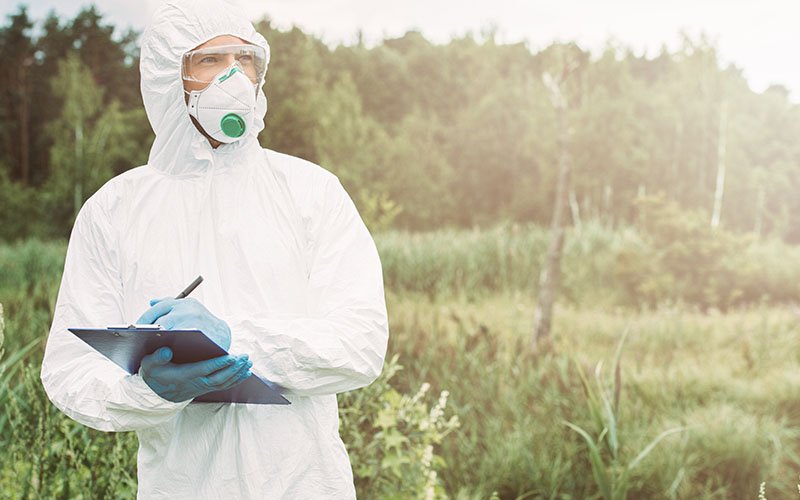Spraying insecticides can be a tough task to do. It requires not just the right equipment but also the right gear. One of the essential pieces of gear when spraying insecticides is the right mask. Choosing the best mask for spraying insecticides is important not just for your safety but also for getting the job done well. In this article, we will discuss the best mask to use when spraying insecticides.

Firstly, let’s talk about why a mask is important when spraying insecticides. Insecticides contain chemicals that can be harmful to humans. When these chemicals are inhaled or get in contact with your skin or eyes, they can cause serious health problems such as respiratory problems, skin irritation, eye damage, and even cancer. Spraying insecticides without a mask can be extremely hazardous to your health. That’s why using a mask is important to protect yourself from the chemicals.
When looking for a mask to use when spraying insecticides, consider the type of insecticide you’re using. Depending on the chemicals used in the insecticide, some masks may not be effective in filtering out the chemicals. Some insecticides have smaller particles, so you may need a mask with a more advanced filtration system.
There are different types of masks to choose from when spraying insecticides. These masks range from basic cloth masks to advanced particulate respirators. Here are some of the best masks to use when spraying insecticides:
- N95 Respirators – This type of mask is a popular choice when spraying insecticides. The N95 respirator can filter out 95% of the airborne particles, including small particles such as mold, dust, and insecticides. The N95 respirator is lightweight, comfortable to wear, and provides a tight seal around your nose and mouth.
- Half-Face Respirators – These masks cover your nose and mouth and have replaceable cartridges that filter out particles. Half-face respirators provide a higher level of protection than cloth masks and are more comfortable to wear for longer periods.
- Full-Face Respirators – Full-face respirators offer complete protection from airborne particles, including insecticides. These masks cover your face and provide a tight seal around your nose and mouth. Full-face respirators are bulkier and more expensive than the half-face respirator, but they provide the highest level of protection when spraying insecticides.
- Cloth Masks – Cloth masks are the most affordable option for those who want to protect themselves while spraying insecticides. While they may not offer the same level of protection as respirators, they can still filter out large particles. Cloth masks are not recommended for those who are allergic to insecticides or for those who have respiratory issues.
Regardless of which mask you choose, be sure to wear it properly. A mask that is not worn correctly is not effective in protecting you from the chemicals. Make sure that the mask fits tightly around your nose and mouth and that it covers your nose and mouth completely.
Choosing the right mask when spraying insecticides is essential for your safety. The best mask to use will depend on the type of insecticide you’re using and the level of protection you need. It’s important to use a mask that filters out the chemicals in the insecticide and to wear it properly. Remember, by using the right mask, you can protect yourself from harmful chemicals and achieve a job well done.


